Dralms - 'Love Writes Itself' - Featured Artist

Dralms—the atmospheric pop project of Christopher Smith—has returned with Love Writes Itself.
Co-produced and recorded in Vancouver with sound designer Mirko Vogel (Cut Copy), the album pushes Dralms from the electronically-textured backbone of 2015 debut Shook towards an immersive orchestral swirl of strings and woodwinds.
Christopher Smith’s singing voice is petal-soft, but the sentiments he’s evoking with a sigh undoubtedly take root in your psyche. On Love Writes Itself, the second full-length from his atmospheric Dralms project the Europe-by-way-of-Vancouver singer-songwriter abstracts evergreen topics of loss and longing— of sex and despair— through a chlorophyll-scented lens.
Smith wrote and recorded Love Writes Itself across a three-year stretch. The record’s earliest tracks germinated while out on the road supporting Dralms’ acclaimed 2015 debut album, Shook, while others took shape during a cabin retreat on British Columbia’s Gulf Islands. Though keeping in line with the elegant, chilled-out vibe of Dralms’ early work, Love Writes Itself pivots from the more digitalistic impressions of Shook towards a decidedly organic grove of symphony strings, blushing woodwinds, piano, and guitar.
The elastic nature of Dralms’ line-up, its membership ebbing and flowing around core songwriter Smith, has brought many new collaborators to Love Writes Itself. Smith co-produced the nine song collection with composer/sound designer Mirko Vogel (Sekiden, Cut Copy). The pair first met in London when the latter did sound for Dralms at St. Pancras Old Church and reconnected a few years later when Vogel moved to Vancouver. Together, they developed Smith’s spare acoustic demos into a romantic, maximalist rush that references the melancholy baroque-pop of Misery is a Butterfly-period Blonde Redhead and the sensual swirl of early ‘70s Serge Gainsbourg.
Smith is also joined on the album by the sweet, if saddened bowing of Juno/Polaris Prize-winning violinist Jesse Zubot (Tanya Tagaq, Destroyer, Stars), while a lean pop-and-pluck bass groove is supplied by Cut Copy bassist Ben Browning, and Juno-winning drummer Kenton Loewen (Peregrine Falls, Dan Mangan) offers refined, lite-funk backbeats to many of its tracks.
On top of splitting synth and guitar duties with Vogel, an untold richness emanates through Smith’s vocals throughout Love Writes Itself. The artist admits that the sessions at Vogel’s studio— as well as a pair of songs recorded with Shook producer Jonathan Raham at Afterlife Studio—are some of his most candid performances yet. Shook’s electronics-spiked aesthetic often left his tender tenor cocooned in a Novocaine cloud of reverb and delay. Here, Smith’s vocals are especially up-close-and-personal, lips pressed closely against a microphone guard as he navigates the naivety of new love (“Plants Behind Glass”), confronts ego (“Precious Flower”), and comes to terms with loss (“Monet in Black and White”).
Slyly hinted it via introductory instrumental piece “Flower Theme”, Love Writes Itself connects its lyrical content through Smith’s poetic allusions to plant life, ranging from the near-religious imagery of the “cathedral arches of arbutus trees” found on B.C’s Gulf Islands, to noting the bleak existence of a vase of flowers trapped behind a window pane.
“There is a lot of flowery, lush dialogue, but there are oppressive visuals as well,” Smith explains of knotting together the beautiful with the brutal. “As a visual, flowers can be used in so many different ways—something fragile; something withering away; something that’s been snipped and kept on display, or something growing freely.”
Dralms’ latest grapples with various levels of love and loss, and the life cycles we encounter both in nature and our personal lives. “I want that feeling back” he coos hopefully above synth-bass and symphony strings on “Blush”. After coming to terms with wilted expectations, another experience tends to push up from the soil.





